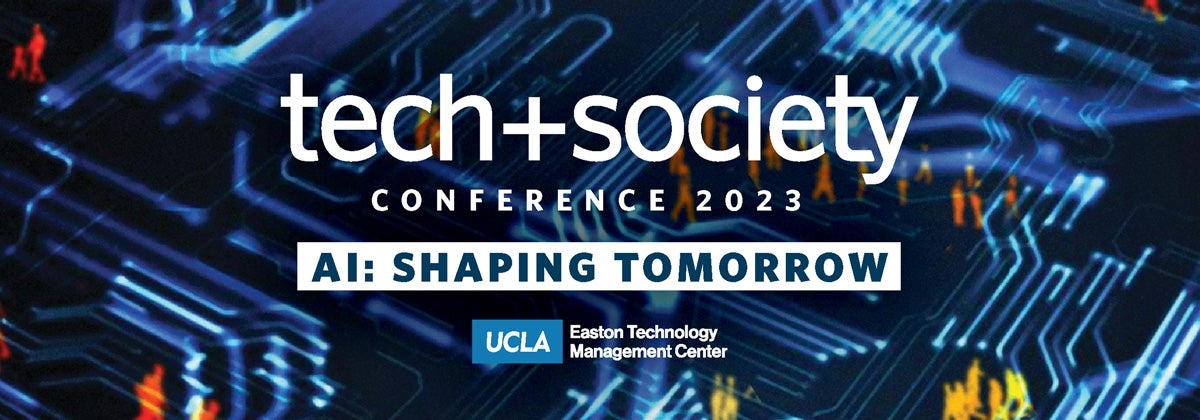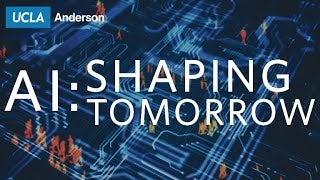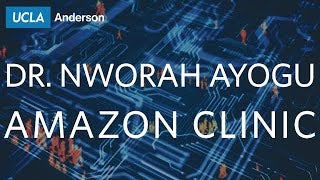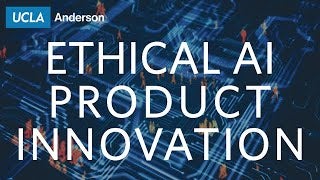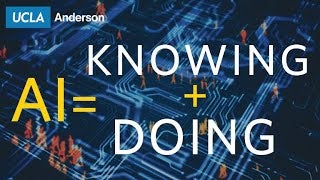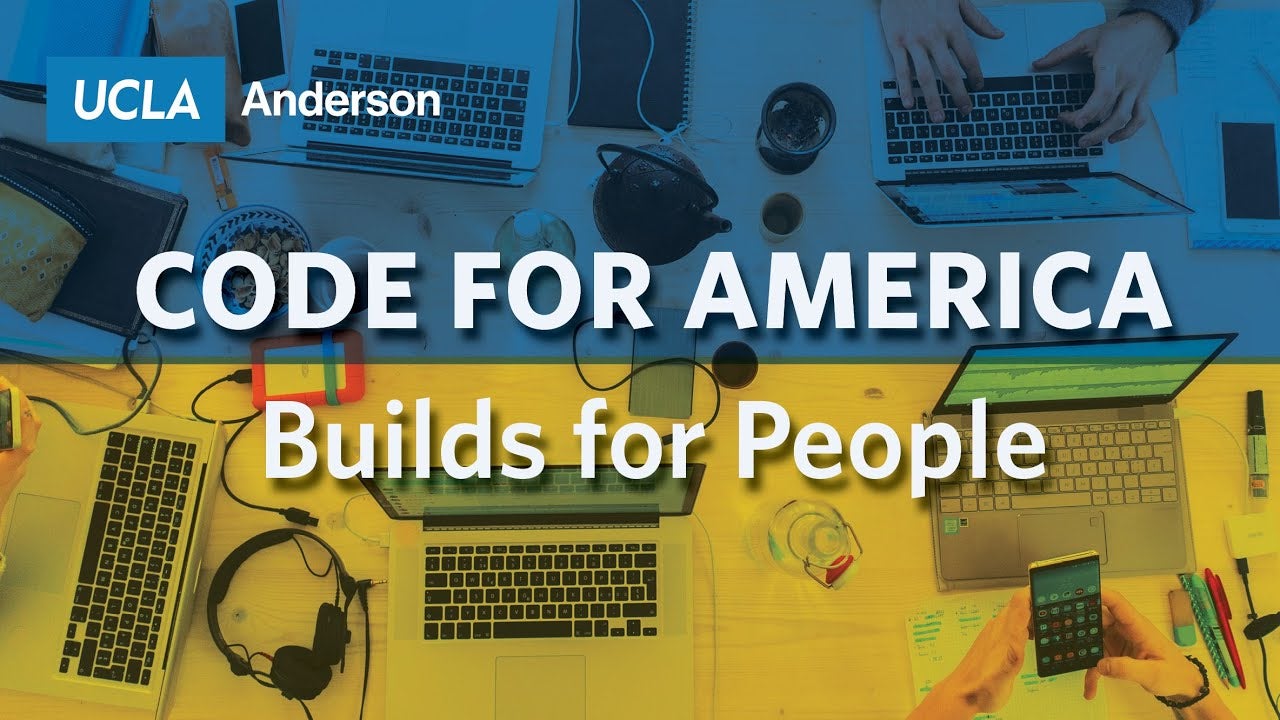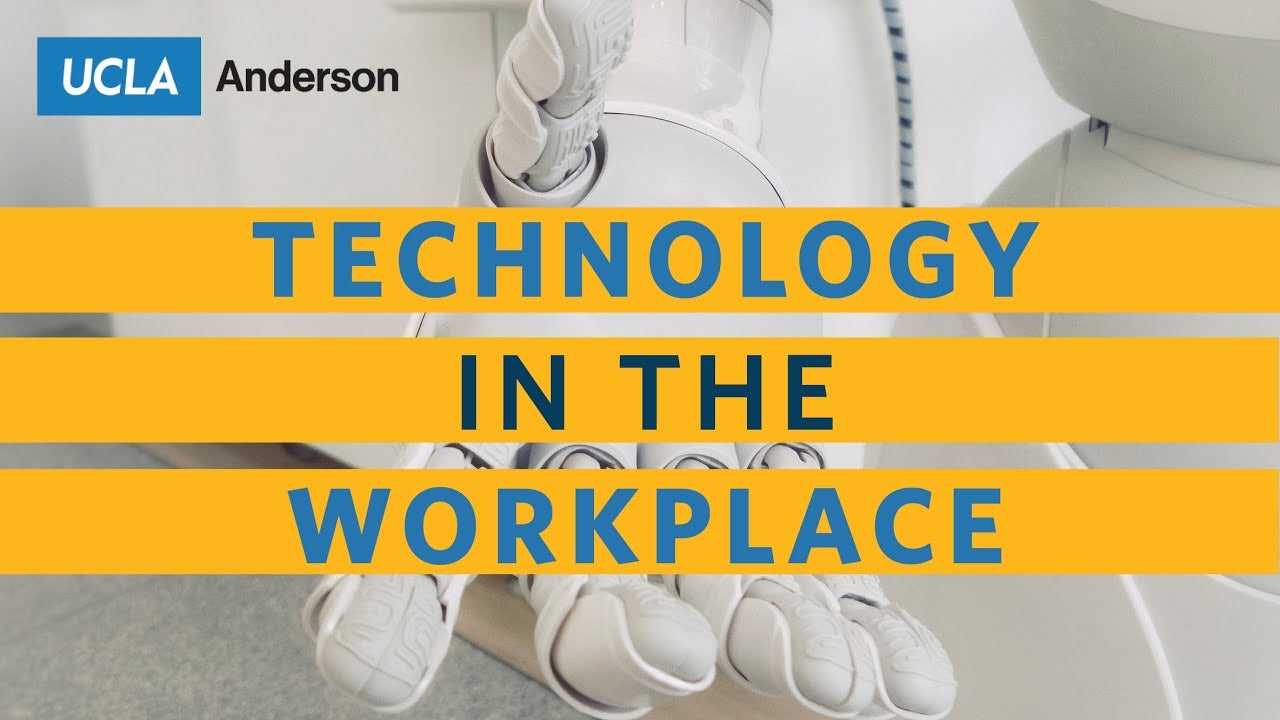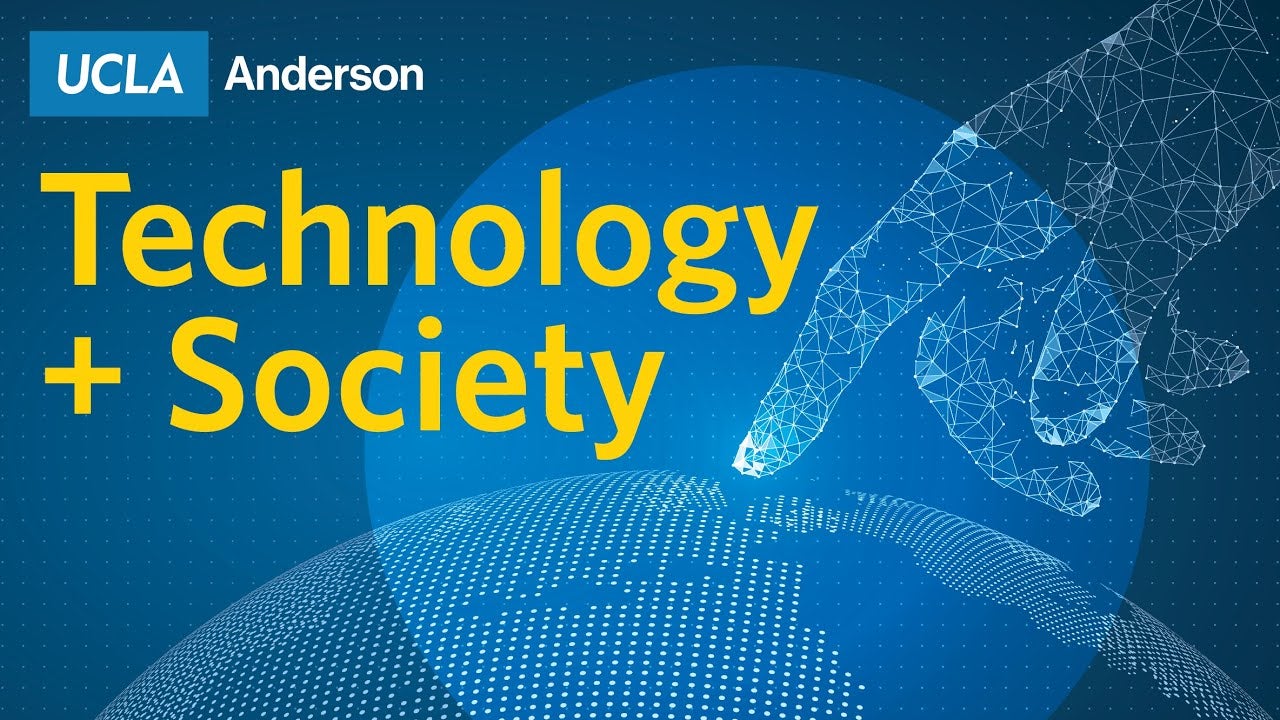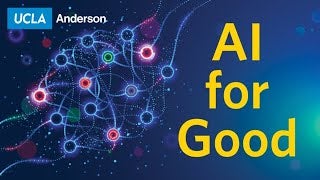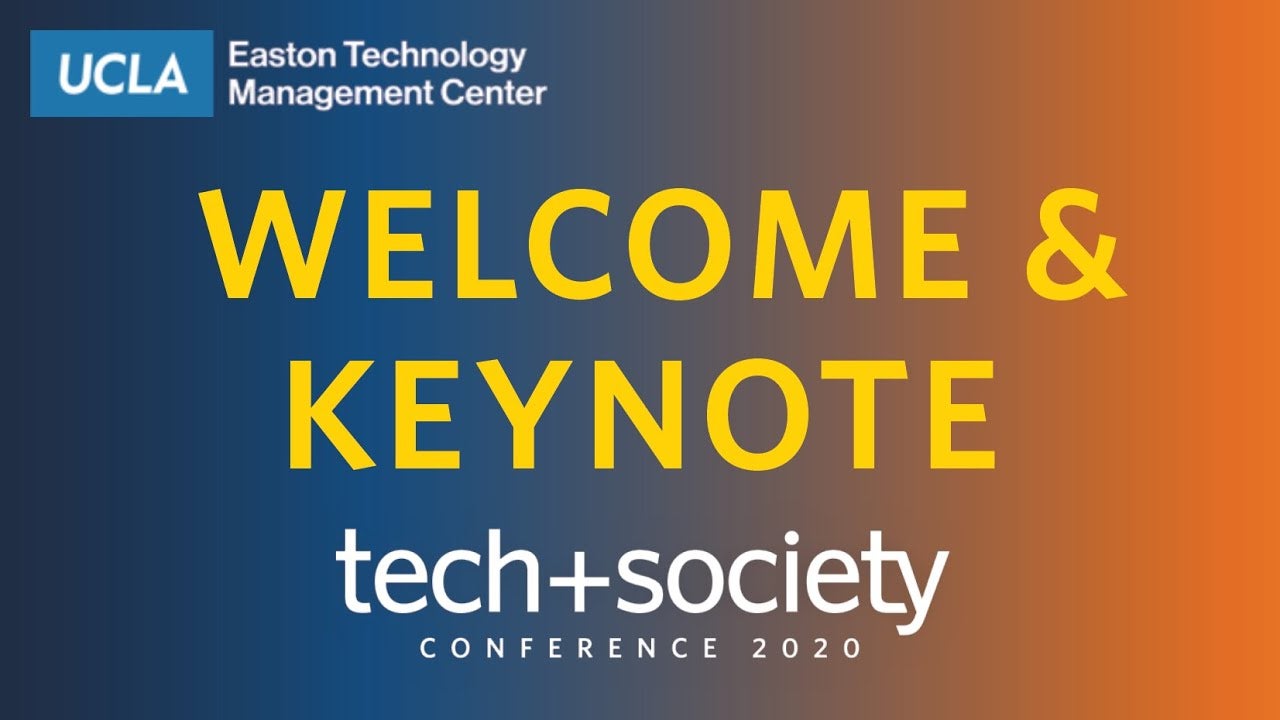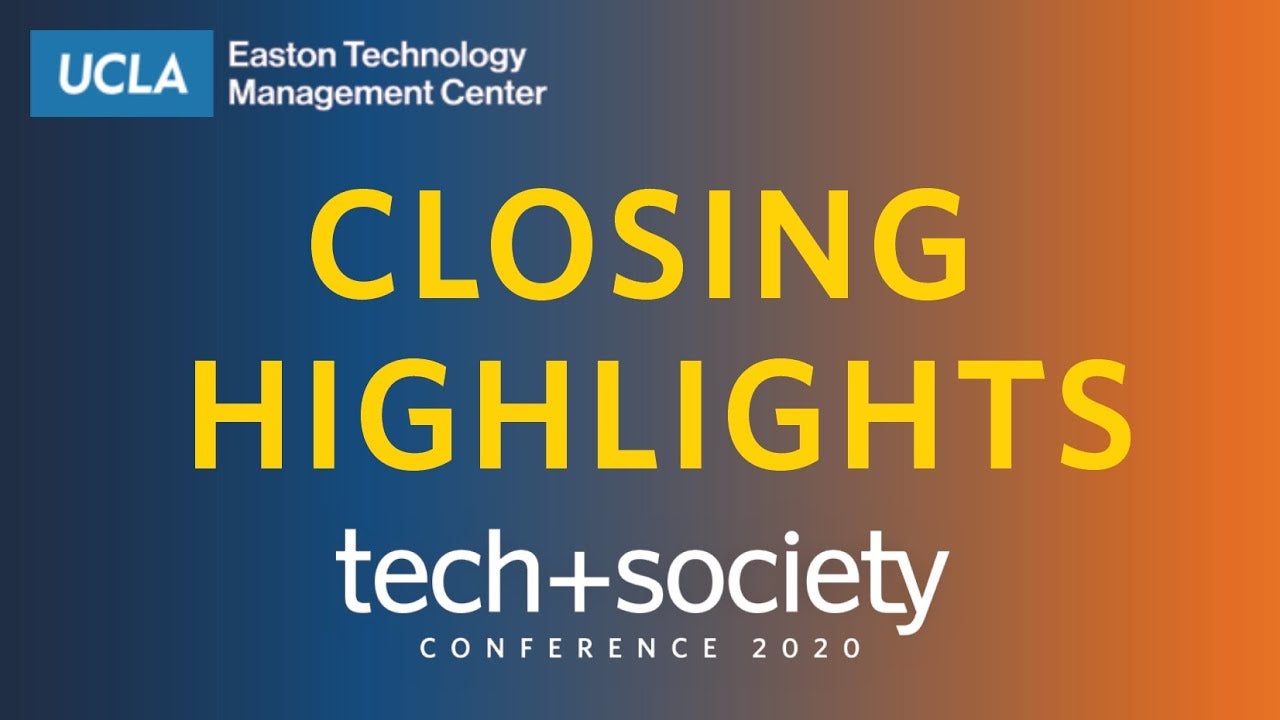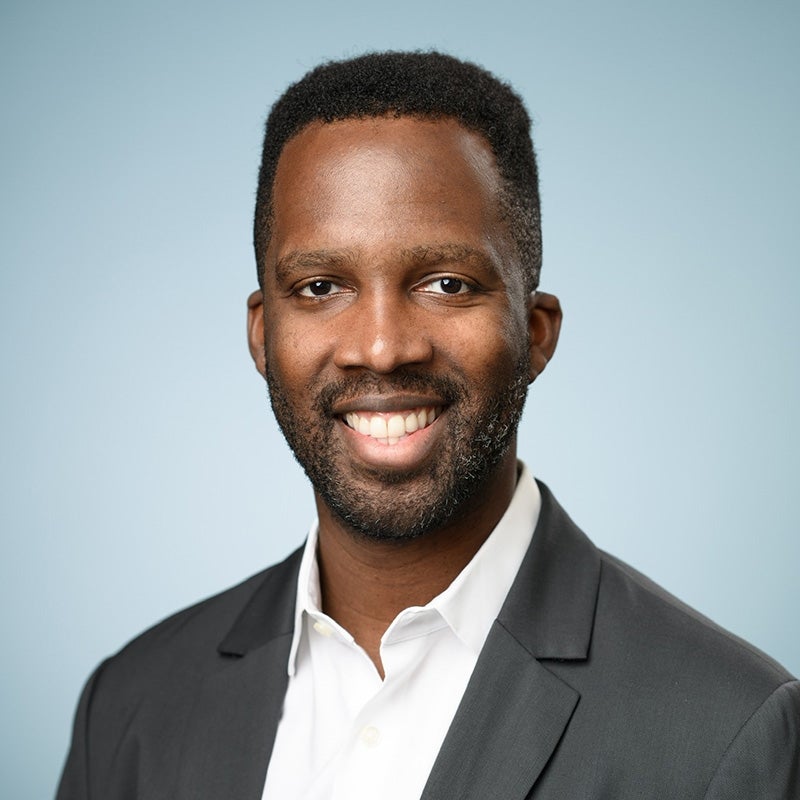
Tech + Society Conference
The Easton Technology Management Center Presents:
Tech + Society Conference 2023
Friday, October 27, 2023
Schedule
9:00 - 9:45 am
Check in + Breakfast
9:45 - 1:00 pm
Conference Programming
1:00 - 2:00 pm
Networking Lunch
We live in fascinating times
Artificial intelligence (AI) holds immense potential for disruptive innovation, promising improved accessibility, lower costs, and improved outcomes in critical areas of societal need. However, the rapid emergence of a "techlash" poses challenges for AI-driven businesses, as concerns escalate regarding data privacy, a growing digital and income divide, the future of work and anticompetitive behaviors. Central to this discourse is the crucial role of effective leadership in ensuring effective product, design, outreach, "guardrails and transparency".
Join us at this year's Tech + Society Conference, where our expert speakers will delve into the most pressing issues, offering insights and strategies to:
-
Harness AI to enhance accessibility and affordability in healthcare
-
Identify and proactively minimize any unintended consequences that may arise from AI’s increasing integration into society
-
Define the pathway to success for leaders who are at the forefront of managing AI-driven innovation in our ever-evolving societal landscape
Don't miss this extraordinary opportunity to be part of a vibrant community of innovators, changemakers, and visionaries.
2023 Highlights
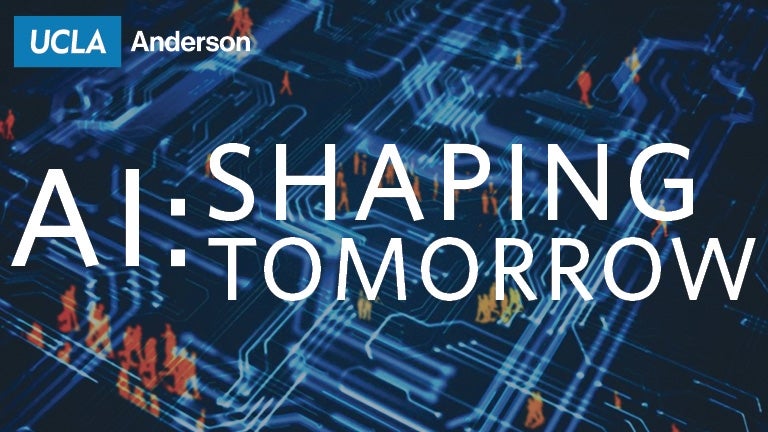
AI Shaping Tomorrow
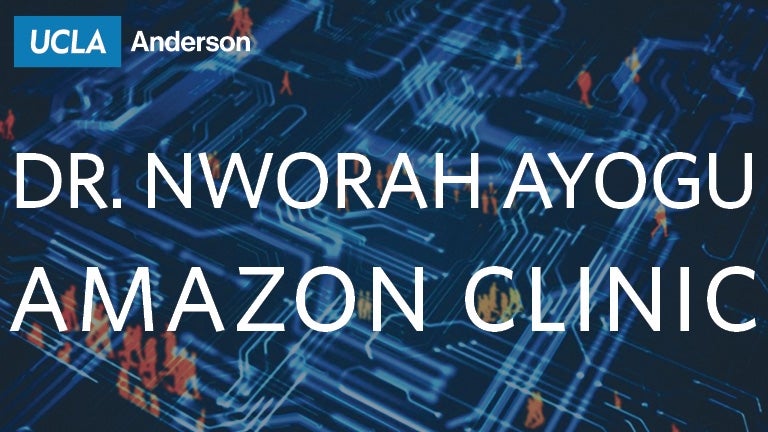
Transformations in Health Care: The Amazon Story
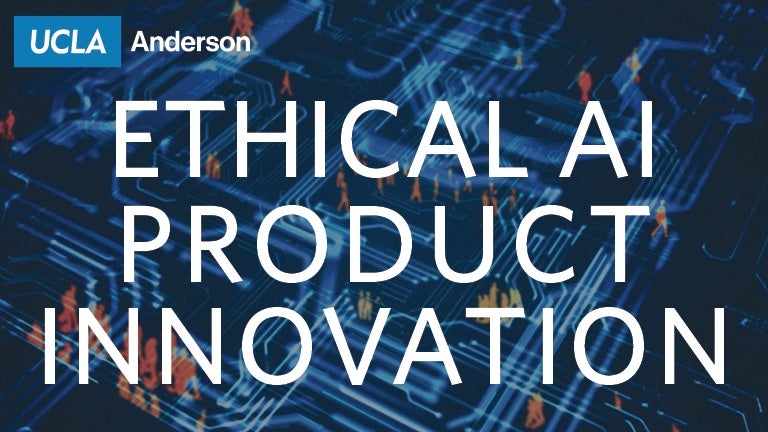
Opportunities for Ethical AI Product Innovation
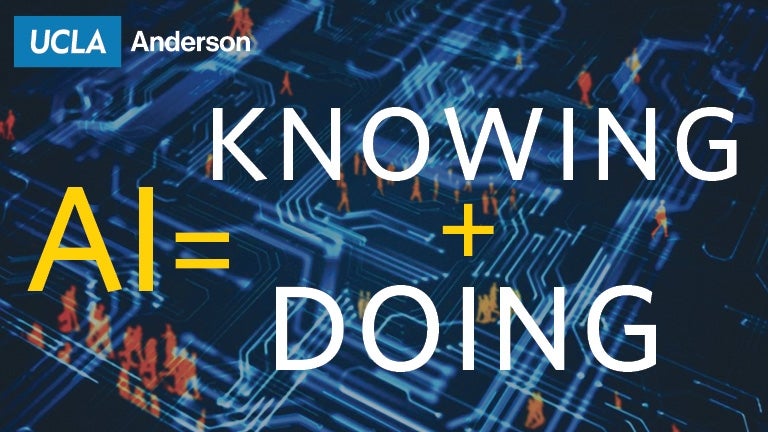
Future of Innovation Using Artificial Intelligence
2023 Speakers

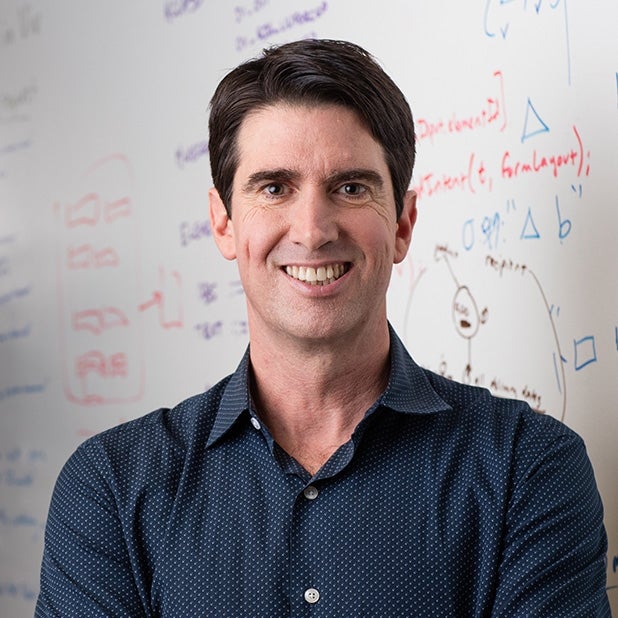
Entrepreneur, Researcher and Developer
Co-Founder of Siri
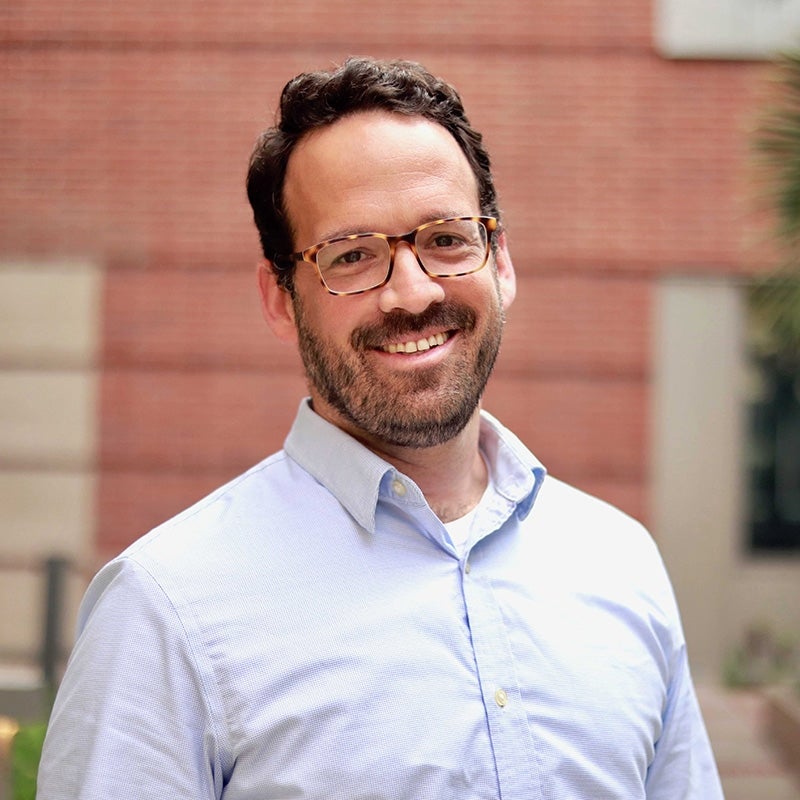
Professor, Department of Civil and Environmental Engineering at UCLA
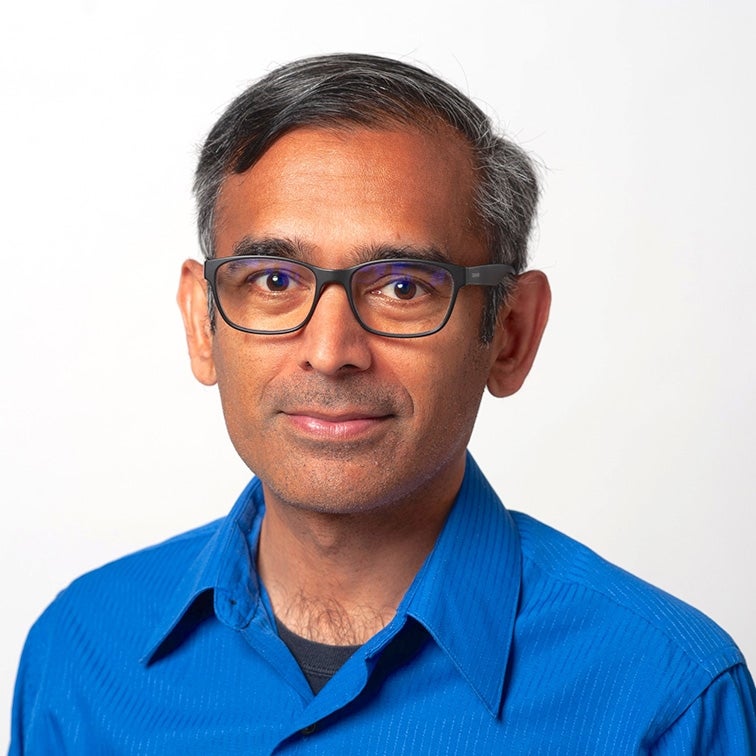
Research Director, AI & Future Technologies at Google
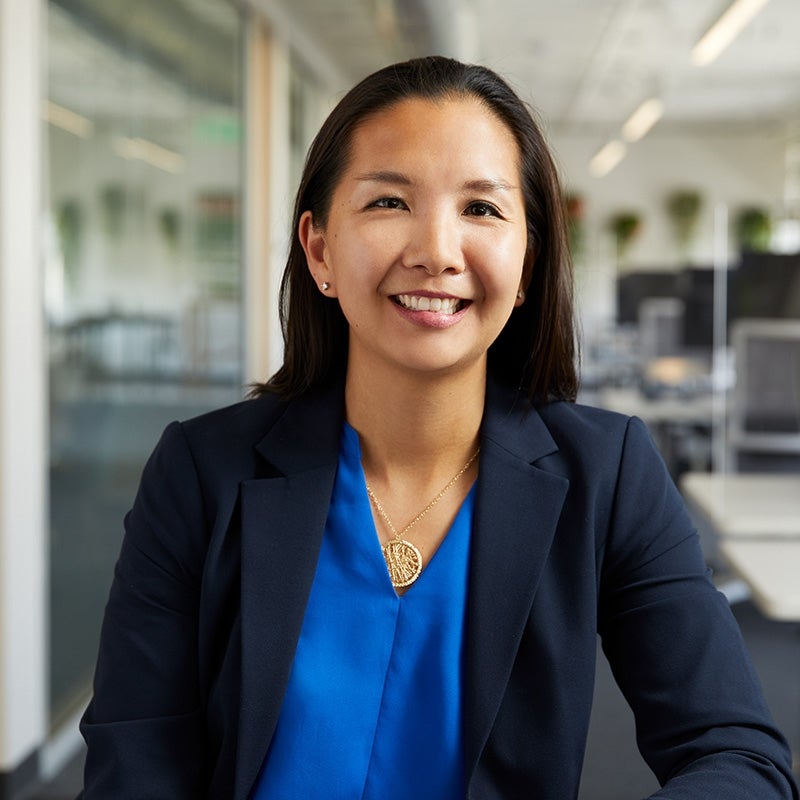
Chief Science Officer, Color
2023 Moderators
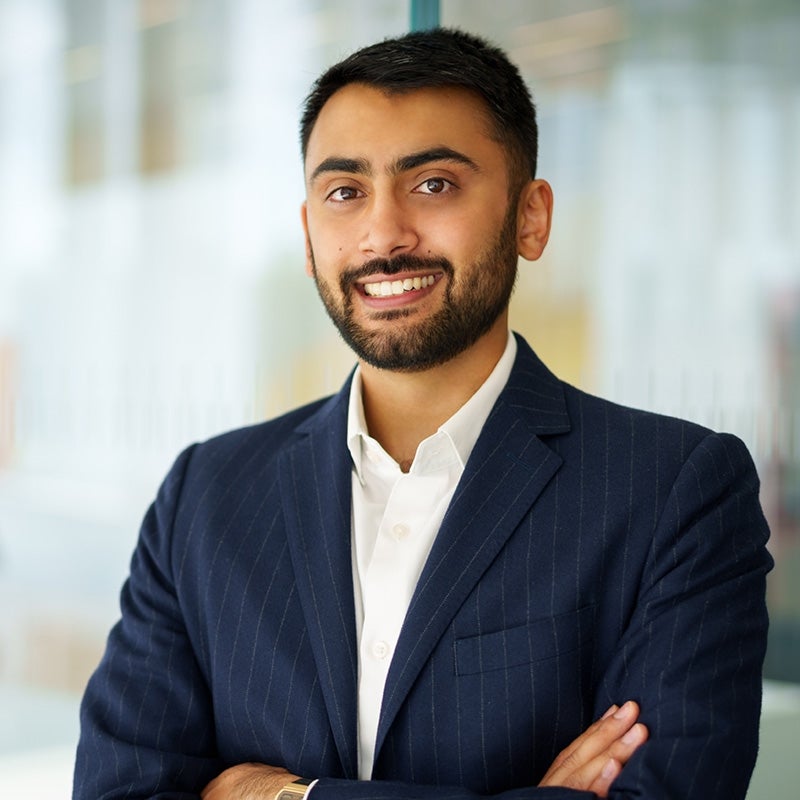
MBA Candidate (‘24), UCLA Anderson
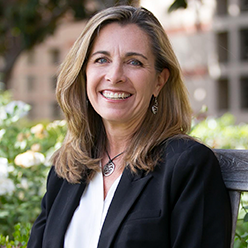
Adjunct Assistant Professor, UCLA Anderson School of Management
Adjunct Lecturer, University of Cape Town Graduate School of Business
President, Northrop Nonprofit Consulting
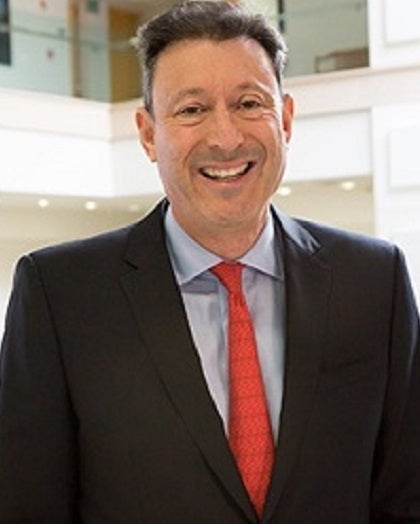
Adjunct Professor of DOTM
UCLA Anderson
Agenda
| Time | Topic | Participants | Notes |
|---|---|---|---|
| 9:45 – 10:00 a.m. | Welcome | Antonio Bernardo Dean and John E. Anderson Chair in Management |
|
| 10:00 – 10:50 a.m. | Opening Keynote | Dr. Nworah Ayogu, Chief Medical Officer and General Manager, Amazon Clinic Moderator: Terry Kramer |
Transformations in Health Care: The Amazon Story |
| 10:50 – 11:35 a.m. | Panel | Anoop Sinha, Research Director, AI & Future Technologies, Google Alicia Zhou, Ph.D., Chief Science Officer, Color Moderator: Neel Mandavilli, MBA Candidate (’24), UCLA Anderson |
Opportunities for Ethical AI Product Innovation |
| 11:35 – 11:45 a.m. | Break | ||
| 11:45 a.m. – 12:00 p.m. | UCLA Lab Spotlight | David Jassby, Professor, Department of Civil and Environmental Engineering, UCLA | UCLA Innovator Spotlight |
| 12:00 – 12:50 p.m. | Closing Fireside Chat | Adam Cheyer, Entrepreneur, Researcher and Developer Moderator: Gayle Northrop (’96), Adjunct Assistant Professor, UCLA Anderson School of Management |
The Future of Innovation Using Artificial Intelligence: Serving Consumers and Society |
| 1:00 – 2:00 p.m. | Networking Lunch | North Terrace |
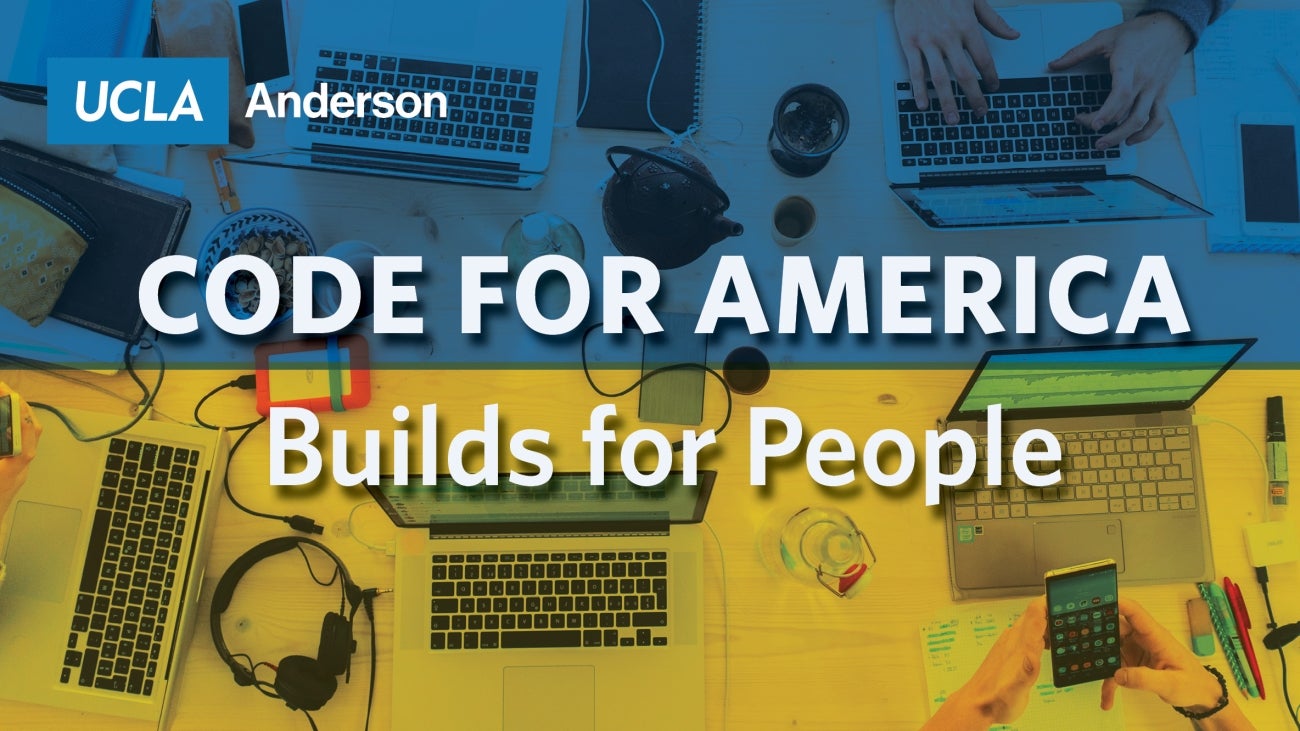
The Role of Human-Centered Technology in Public Service
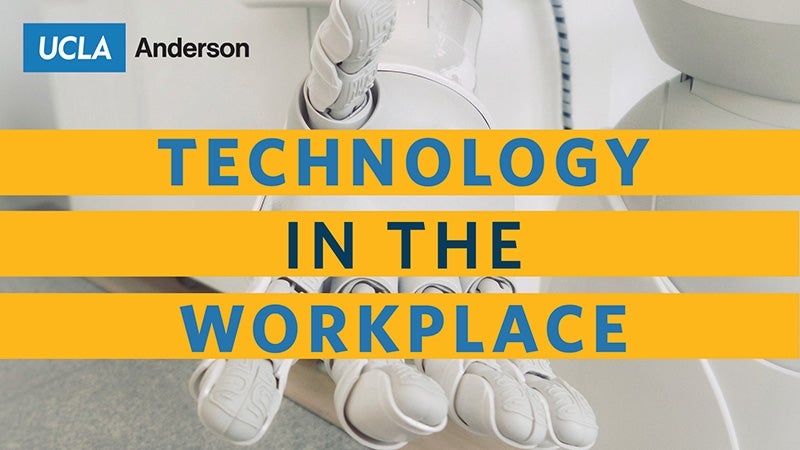
The Future of Work: New Roles, New Skills and the Role of Technology and Leadership
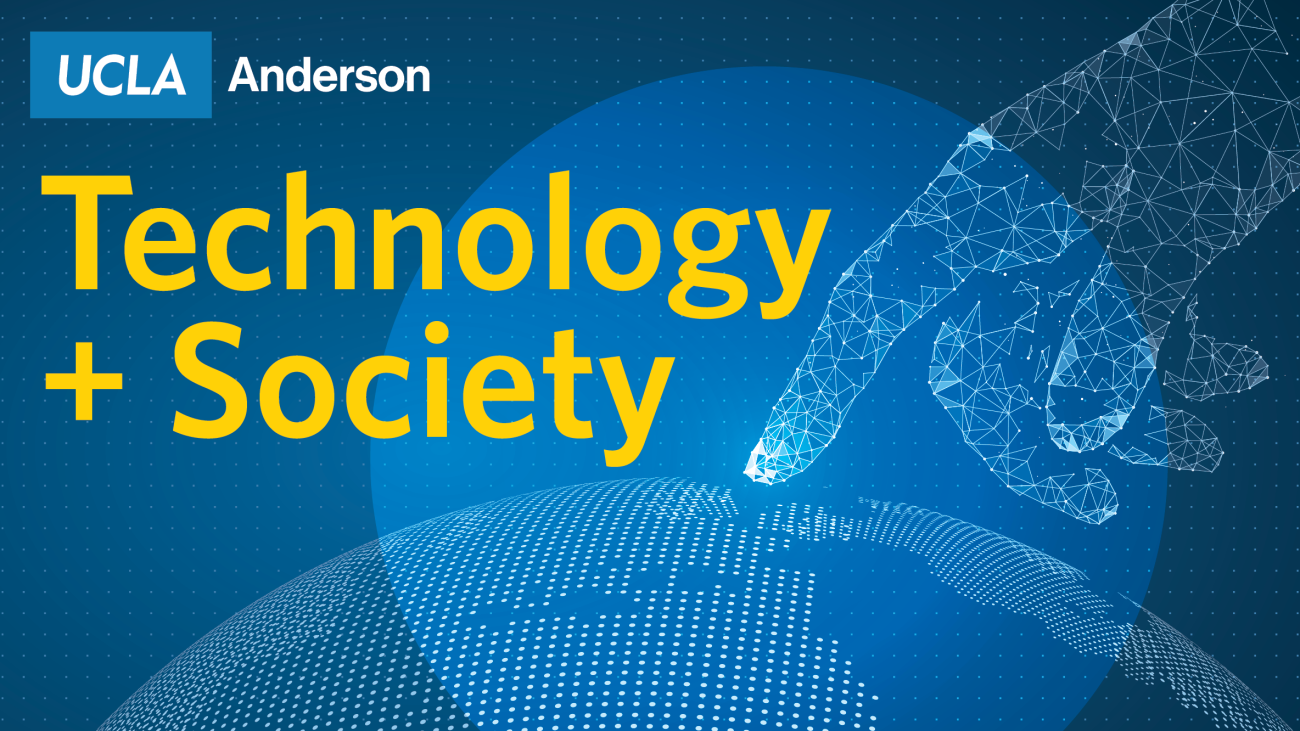
Tech + Society Conference Keynote with Juan Enriquez
Innovation is driving change in our thoughts on right and wrong
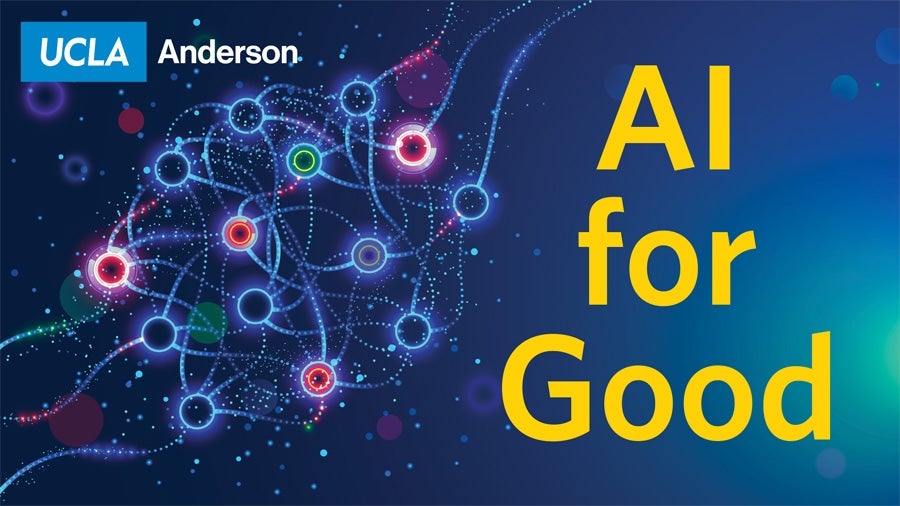
AI for Good
Where can technology be used for good? How do we align tech-based innovation with the ultimate well-being of our society?

Green Tech
Panel discussion on how to best incorporate eco-friendly practices
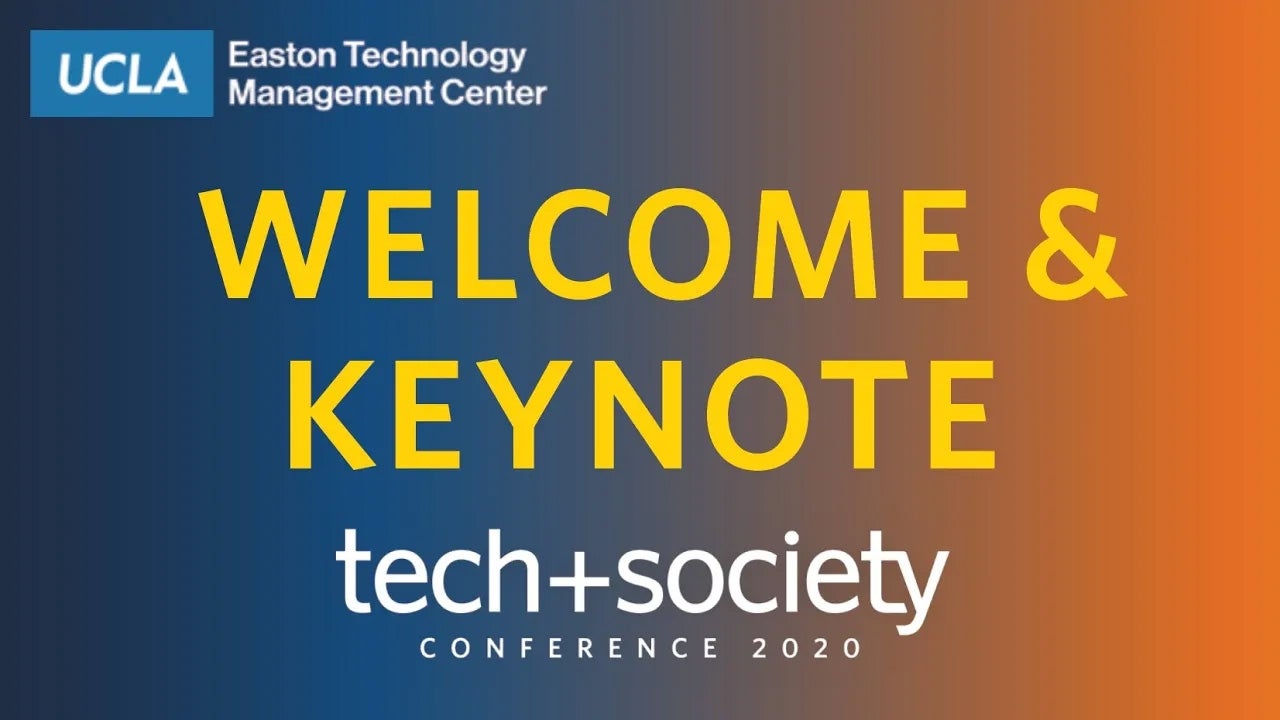
Welcome & Keynote: Steven Hatfield, Global Future of Work Leader, Deloitte Consulting

Disruptive Innovation in Healthcare
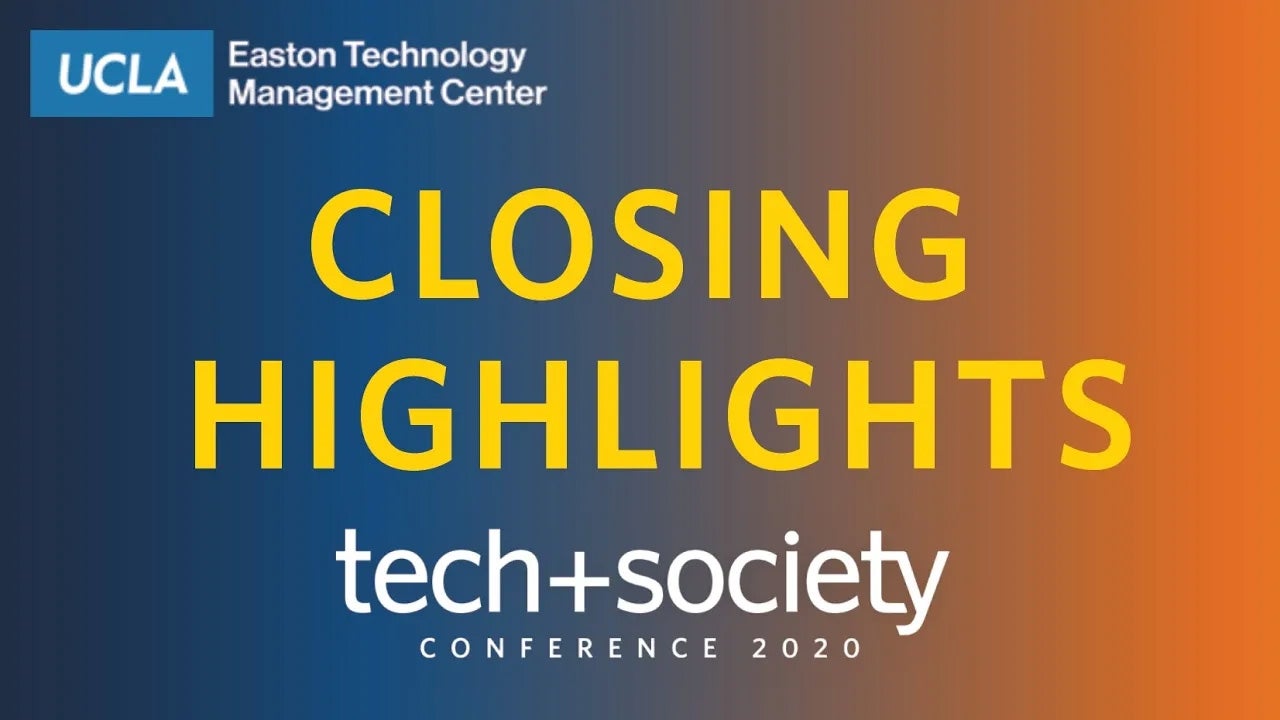
Closing Highlights
Contact
Darina Genina, Program Manager
darina.genina@anderson.ucla.edu
